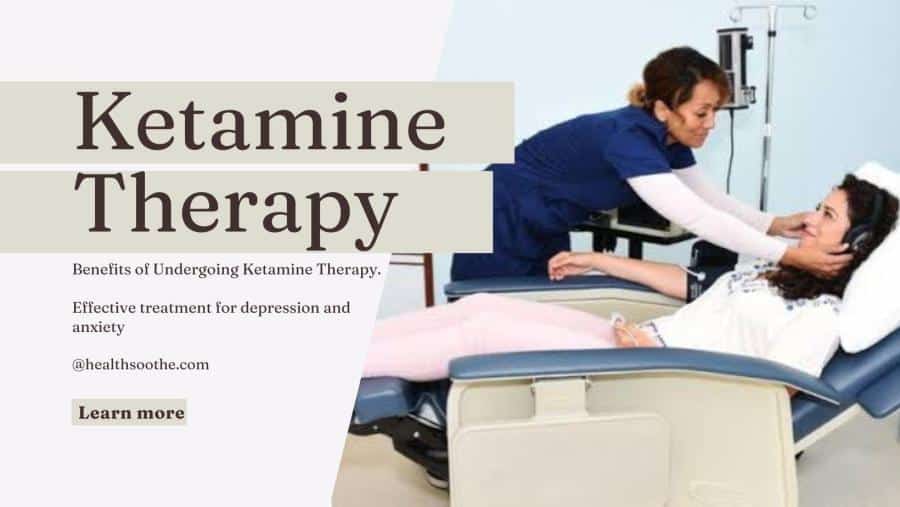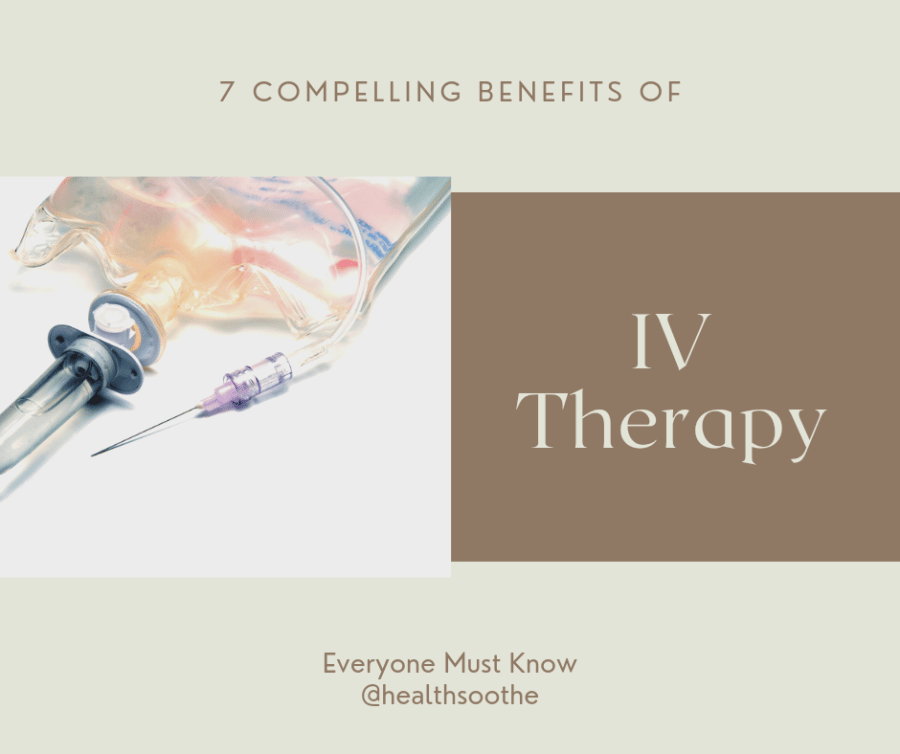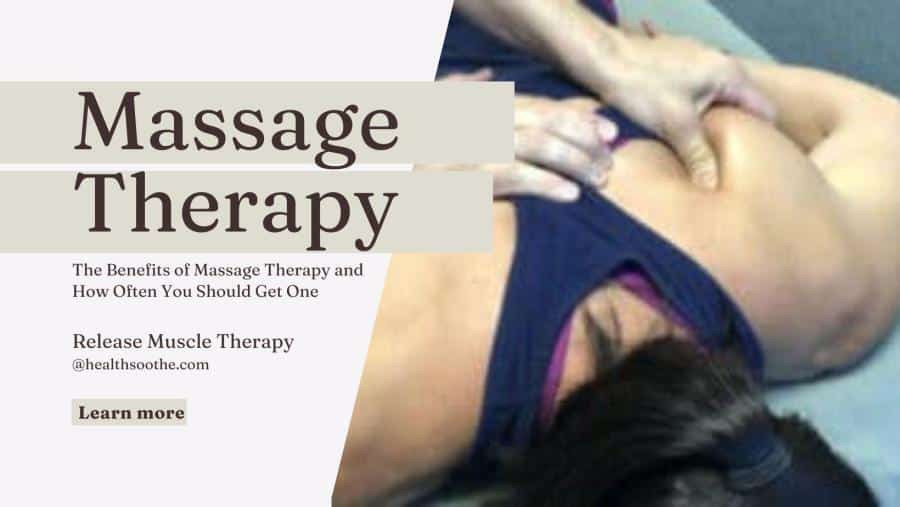Studies conducted by the National Institutes of Mental Health have shown that Ketamine is an effective treatment for depression and anxiety, with a single low dose showing improvement in symptoms in just a few hours. Ketamine is also effective in treating depression, poor concentration, low self-esteem, insomnia, decreased sexual desire, decreased appetite, and suicidal thoughts.
Additionally, it might help ease the signs of chronic pain and post-traumatic stress disorder (PTSD). Ketamine can offer long-lasting relief from certain symptoms even though it cannot treat them. Patients frequently get symptom reduction within an hour. After multiple therapy sessions, a patient could receive symptom relief for several weeks. Ketamine therapy is something to consider if you or someone you know is dealing with mental health problems.
Benefits for Anxiety
In addition, Ketamine reduces anxiety. The prefrontal glutamate neurotransmission is activated during ketamine treatment, which helps to reduce and even get rid of anxiety. Ketamine functions differently from other antidepressants and anxiety medications because it blocks glutamate receptors. Interestingly, Ketamine also lessens chronic inflammation by inhibiting these receptors, which is thought to be a significant factor in depression and increased anxiety.
Benefits For Depression
Depression can be successfully treated with Ketamine. It functions primarily in two ways: First, by giving the patient room through its dissociative effects. Patient experiences dissociation when they feel less linked to their concerns, challenges, and stressors in life.
The drug ketamine also has hallucinogenic qualities. The patient is aided in easing out of depression or possibly avoiding it entirely by these psychedelic qualities, which provide specific experiences and can even assist in shifting mood.
Pain Management
Ketamine can be used to treat both acute and long-lasting pain because of its analgesic qualities. In contrast to chronic pain, which can endure for weeks, months, or even years, acute pain is often brief.
Ketamine treatment is a fantastic illustration of how it might help individuals with post-surgical pain. Patients feel muscular cramps, nausea, vomiting, and light-headedness following surgery. These signs are lessened with Ketamine.
Ketamine treatment is excellent for treating postoperative pain. The research looked at the effectiveness of intravenous Ketamine as a supplement to conventional opioid treatment. They concluded that Ketamine offered more effective pain relief than opioids alone.
It has been demonstrated that Ketamine helps persons undergoing surgery take fewer opioids. Ketamine significantly decreased opioid usage, according to recent research. The fact that Ketamine doesn't result in respiratory depression is another advantage. Opioids can cause breathing to slow down to hazardous levels. Respiration is unaffected by Ketamine.
Benefits for Post-Traumatic Stress Disorder (PTSD)
The symptoms of post-traumatic stress disorder, sometimes known as PTSD, include flashbacks, nightmares, and hypervigilance. Excessive startle reaction, impatience, aggression, trouble sleeping, and social disengagement are all signs of PTSD.
Ketamine has been demonstrated to be quite successful in reducing these symptoms. According to one study, the PTSD symptoms of 50% of patients who took Ketamine significantly improved. According to another research, 40% of individuals said their PTSD symptoms had completely disappeared.
Benefits for Insomnia
Antidepressants frequently harm insomnia. Antidepressant-induced sleeplessness has been effectively treated with ketamine treatment. It seems to affect GABAergic inhibition in the thalamus, which controls sleep cycles, to produce its desired effects.
Infusions of Ketamine are useful for treating severe chronic pain and depression. Discuss using Ketamine treatment as an option with your psychiatrist if you experience severe anxiety and depression.



